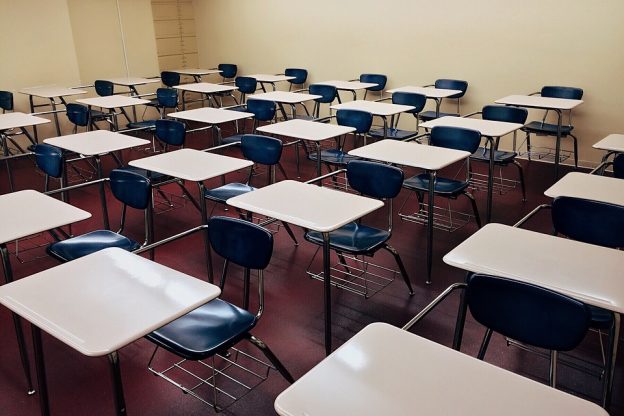Although school board elections are low profile elections, they have a direct impact on the lives of our students. School board elections are often misunderstood because people don’t know what power they hold.
Running for a position on your local board provides perfect opportunity to get involved and make a real change. Here are some things to consider if you want to run in your local school board election:
- Know Your District: Learn about the types of schools in your district, whether charter or public, and how they’re funded.
- Understand Your School Board’s Budget: Find out how much funding your district receives from the state and/or federal government.
- Know Where Resources Are Being Used: What is the budget being spent on? Teaching staff, programs, extra-curricular activities, capital improvements?
- Learn What You Can Do: Figure out if there is anything specific you would like to work on during the next term. This can form the basis of your campaign platform.
- Know The Process for running for office, including how to file for candidacy.
Your knowledge about the issues in your district is crucial to contributing to the conversation about why you would be most qualified to represent you and your family’s interests at the school board level.

Prepare yourself on the issues and for the questions you will face as a school board candidate.
Questions to ask yourself before running for school board
It is not an easy decision for a person to choose to run for school board. It can be even more difficult when the person does not know what they are getting into and how it may effect their life.
The best way to decide if you should run or not is by asking yourself these key questions:
- Do I care about the education of my community?
- Do I have enough time and energy to commit to this role?
- Would I enjoy meeting new people and building relationships in my community?
- Do I want to give back and make a difference?
- What do I bring that would make me a good candidate for this position?
Preparing for questions during the campaign
Here is a list of questions that prospective School Board candidates are often asked. You should be prepared to answer these questions in and when they come up.
- Why are you running for the position of School Board member?
- What are your skills or qualifications for this position?
- What is your education background?
- What is your experience in education?
- What is your long-term plan for the school district?
- What do you think is the number one problem facing our schools today, and how would you address it?
- How would you work to better prepare our children for the future job market?
- How can we increase parental involvement in schools and at home?
- What are your thoughts on the district’s budget, and what should be done to address any shortfalls?
- Do you support a district-wide achievement-based pay system for educators?
- Do you support ending social promotion for students?
- How do you feel about standardized testing?
- What has been your experience with public schools as a parent?
Are you even eligible to be a candidate?
A school board is a group of elected or appointed members who determine what goes in a district, such as the budget and potential new projects. Becoming a board member does not require a background in education or teaching. You don’t even need to have children who attend school.
General requirements for school board candidates:
- An age of at least 18 or 21 years old
- A resident of both the state and the specific school district
- A non-felon criminal record
- That the candidate or relatives of the candidate not be employed by the district.
- Registered to vote and otherwise eligible to be elected to public office.
Local school boards are the most important part of our education system. They are responsible for making decisions that affect our schools, which have a direct impact on student’s lives.
Knowing what to expect when you decide to run is critical if you decide to step up to improve the educational experience.

